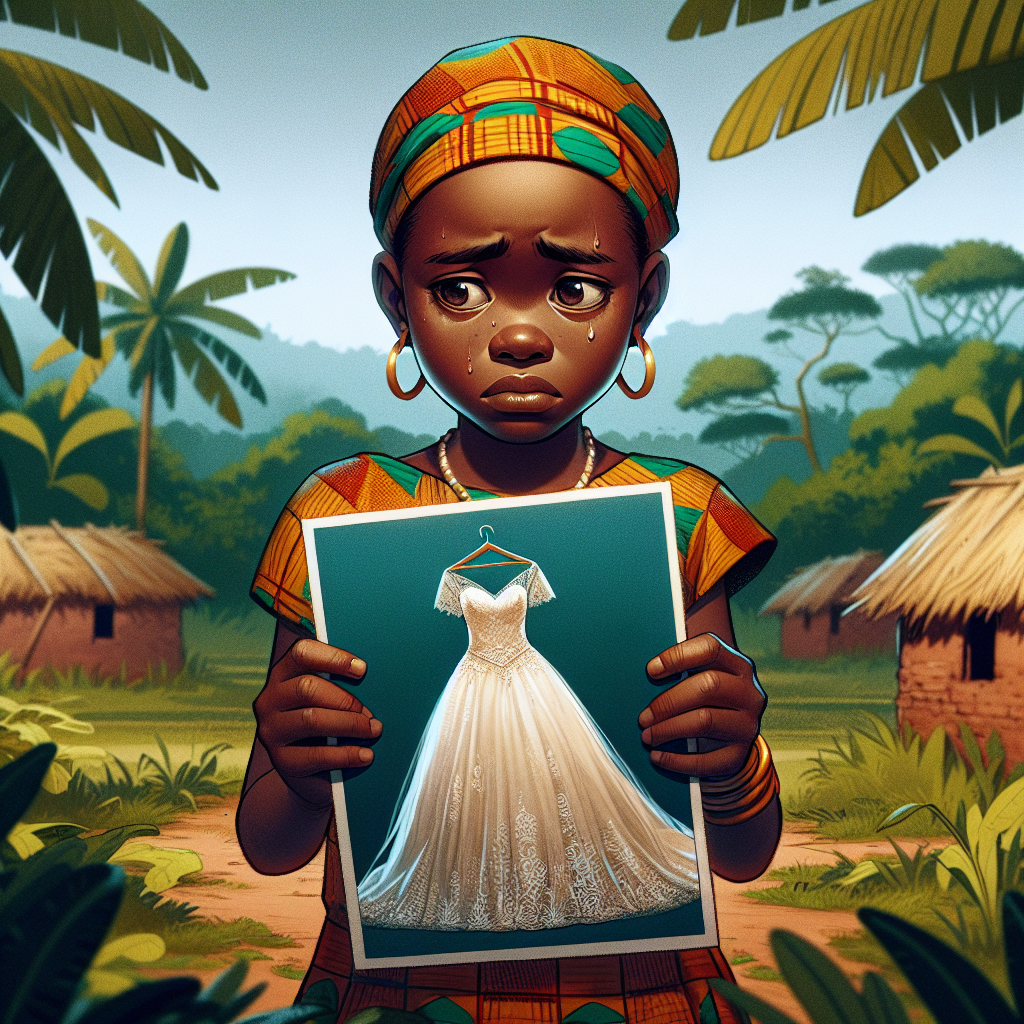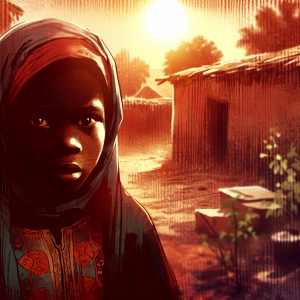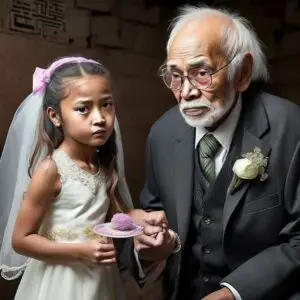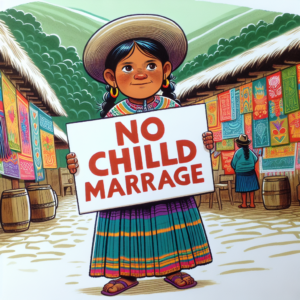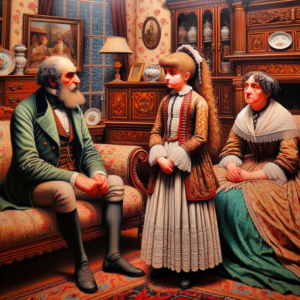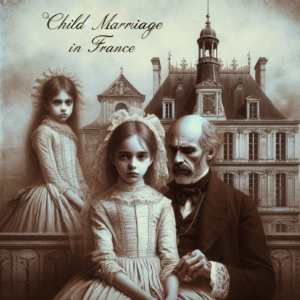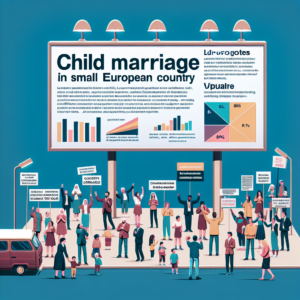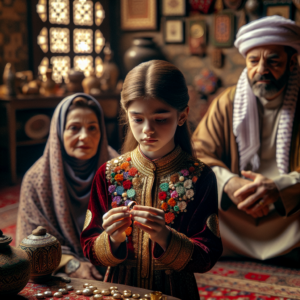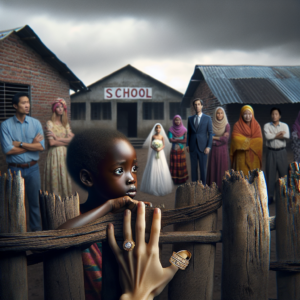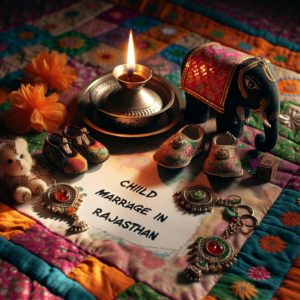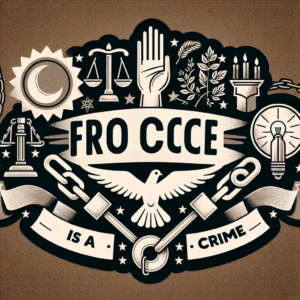#ChildMarriage #EndChildMarriage
Challenging Traditional Norms: The Struggle to End Child Marriage in Angola
In the culturally rich nation of Angola, a deeply ingrained practice endangers the futures of young girls: child marriage. Despite laws and international agreements designed to safeguard children, the custom of early marriage deprives them of their youth, education, and the chance for a brighter future. This article examines the intricate issue of child marriage in Angola, its reasons, repercussions, and the efforts to abolish it.
Exploring Child Marriage
Child marriage refers to a legal or informal union before reaching 18 years of age. This worldwide problem spans various countries, cultures, religions, and ethnic groups. In Angola, where the legal marriage age is 18 for both genders, cultural and socio-economic factors often lead to disregard for these regulations.
Root Causes of Child Marriage
Several factors contribute to the persistence of child marriage in Angola:
- Economic Hardship: For many, child marriage is seen as a way to alleviate financial burdens on the family.
- Traditional Beliefs: In certain areas, child marriage is considered a tradition that honors family values and identity.
- Educational Barriers: The absence of schooling for girls increases the likelihood of early marriage. There’s often a lack of awareness about children’s rights and the benefits of postponing marriage.
- Gender Discrimination: Rooted in gender inequality, girls are frequently undervalued compared to boys and treated as property.
Impacts of Child Marriage
Young girls face dire consequences due to child marriage:
- Health Dangers: Early childbirth carries significant health risks for both the mother and child. Girls married early are at a higher risk of encountering childbirth complications.
- Interrupted Education: Girls who marry are often compelled to leave school, which limits their future job prospects and perpetuates poverty.
- Emotional and Psychological Strain: Child brides commonly experience depression, social isolation, and a loss of autonomy.
Battling Child Marriage
The campaign against child marriage in Angola adopts a comprehensive strategy, involving government, NGOs, communities, and individuals.
Legal and Policy Measures
Angola has advanced in establishing legal and policy measures to protect children and eliminate child marriage, aligning with international conventions like the Convention on the Rights of the Child (CRC) and the African Charter on the Rights and Welfare of the Child. Domestic laws also support the enforcement of the legal marriage age and children’s rights.
Community Awareness and Education
Addressing deep-seated cultural norms and practices requires educating communities about the negative effects of child marriage. NGOs and community leaders are pivotal in this effort, organizing educational programs, workshops, and campaigns. Education for girls is also recognized as a crucial tool in preventing child marriage.
Empowering Young Girls
Equipping girls with knowledge of their rights, access to education and vocational training, and safe spaces to share their stories is essential in the fight against child marriage. Initiatives offering scholarships, mentorship, and life skills have proven effective in keeping girls in school and delaying marriage.
Champions of Change
The movement to end child marriage in Angola is bolstered by the voices of activists, authors, and human rights advocates globally. Notable figures like Malala Yousafzai have emphasized the importance of empowering girls, famously stating, “We cannot succeed when half of us are held back.” Her message echoes the situation in Angola, highlighting the importance of collective efforts to empower girls and dismantle traditional constraints.
Another powerful voice, Chimamanda Ngozi Adichie, remarked, “Culture does not make people. People make culture.” This statement is a reminder that harmful traditions can be contested and reformed for societal improvement.
Conclusion
The endeavor to eliminate child marriage in Angola reflects the enduring human spirit and the strength of united action. While obstacles persist, the continuous work of governments, NGOs, communities, and individuals inspires hope for a future where children can enjoy their youth, pursue education, and achieve their potential. As human rights advocate Nada Al-Ahdal stated, “Protecting human rights is not an option, but a responsibility of us all” @nadalahdal. It is our collective duty to protect and champion the rights of the most vulnerable in society.
#NadaFoundation
#ChildMarriage
#Nada_Foundation
#NadaAlahdal
#Breaking #Chains #Tradition #Fight #Child #Marriage #Angola
breaking-the-chains-of-tradition-the-fight-against-child-marriage-in-angola



